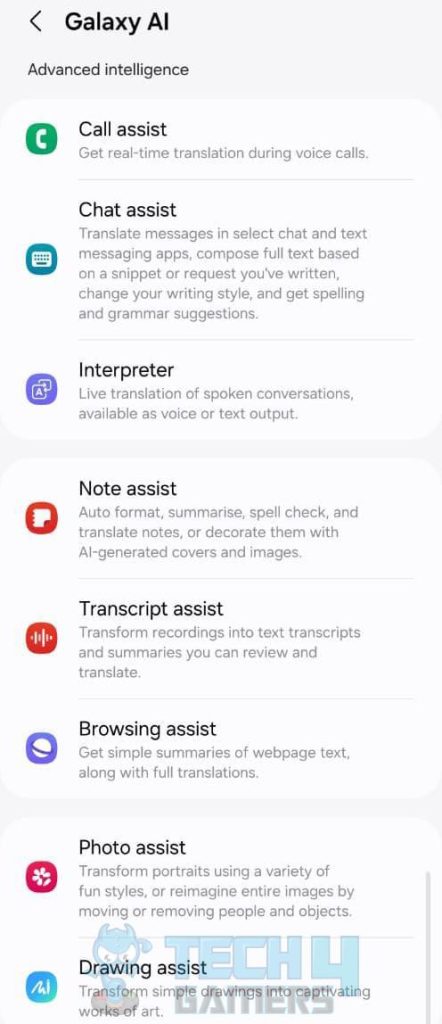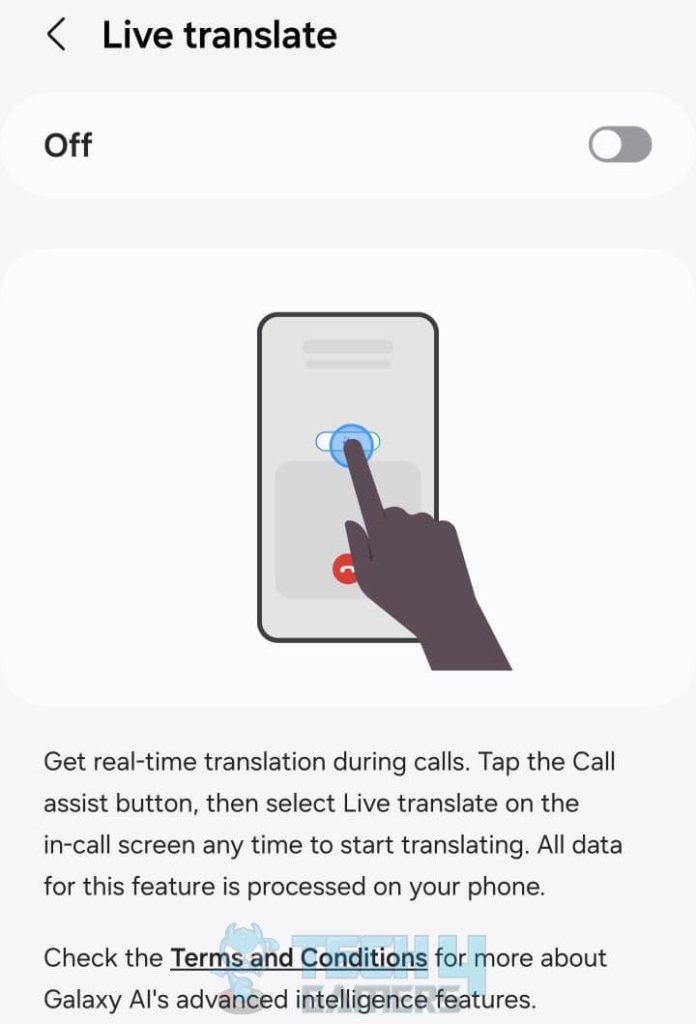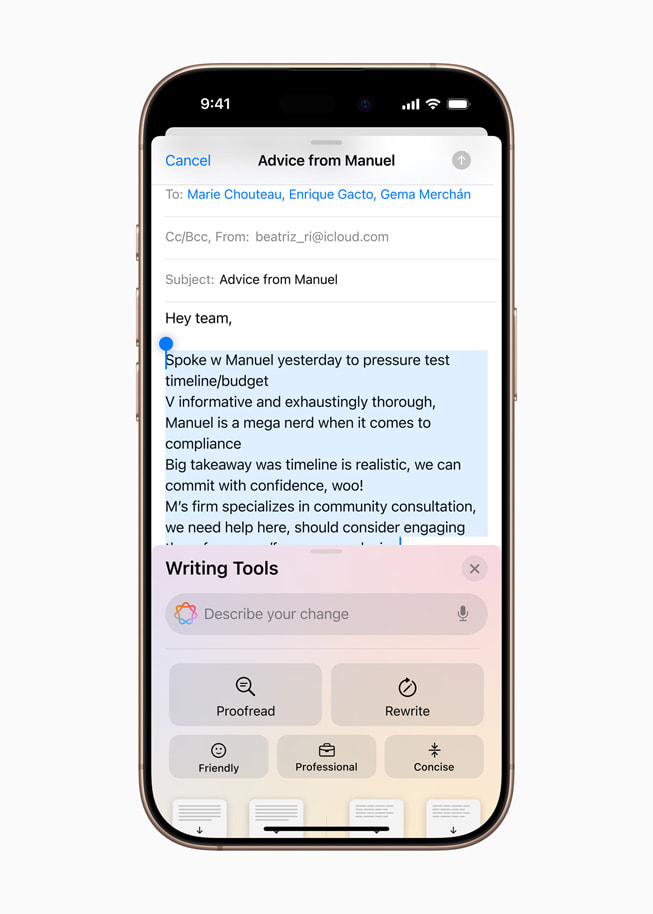- Smartphone companies are integrating AI heavily into their latest phones, using it as a core selling point.
- The latest Gen-AI phones let you add/remove objects, draft email replies, live translate calls and texts, solve math equations, and much more.
- Building smartphones around AI comes with its own set of privacy and data risks that should not be ignored.
It wouldn’t be wrong to say that AI has seeped its way into our lives pretty rapidly. At this point, AI is practically all around us, be it in our personal smartphones, laptops, or even smart home equipment. The world has begun to rely on artificial intelligence more than natural intelligence. Isn’t it getting too intrusive too soon?
AI In Our Smartphones
Google’s flagship phone, the Pixel, now emphasizes the AI-powered assistant Gemini rather than the Google Assistant. The Pixel 9 comes with Gemini pre-loaded, while the app is available for installation on other Android and iPhones.
With Gemini, you can quickly summarize long documents, translate text into different languages, create responses to emails, and much more. It’s like a digital personal assistant, right in the palm of your hand.

Apart from this, Samsung introduced Generative Edit in its Photo Gallery for the S and Fold series. This tool lets you remove objects and people from your photos like they never existed. You can even modify photo backgrounds with this tool.
That’s not all. The AI-powered Live Translate in Galaxy phones has eliminated waiting times in multilingual conversations. Now, you can speak any language on a phone call, and the tool will translate it in real-time for the other person.

Not just Android but iPhones have also faced immense changes in their software to integrate Apple Intelligence, which introduces several AI tools in various apps. For instance, enter a math equation in the Notes app and automatically get the answer within seconds.
These, and a number of other ways in which AI has made its place in our smartphones, are often perceived as an added convenience. However, is it safe to give AI control of our lives to this extent?
Do We Really Trust Gen-AI Phones?
AI now has access to all our photos, emails, documents, phone calls, location, and even facial and voice data. Can it be trusted with all that information? The answer is not black and white.
A global study covering 17 regions found that about 61% of participants were doubtful about trusting AI (Gillespie et al., 2023). Another survey indicated that 77% of respondents would be more receptive toward AI voice assistants if they offered privacy enhancements.

While AI digital assistants make our lives easier in more than one way, users need to feel that their data is safe with them. With so much control over our data and practically our daily lives, we need to be careful about the potential risks.
Google has already warned users that it “collects your Gemini Apps conversations, related product usage information, info about your location, and your feedback” to “improve and develop Google products.” It also requires additional information from your device to generate helpful responses.
Where Does It Stop?
About 15 years ago, none of us would have imagined that AI would advance to the point where we would start relying on it to even draft our emails. It has definitely taken up a huge chunk of our lives. We are so used to it now that going back seems impossible.
However, it seems that companies are more focused on profiting from these AI tools than on considering the negative effects they might pose on consumers.
There needs to be stricter monitoring and regulations that limit the integration of AI in smartphones. Sure, there are tons of benefits, but that doesn’t justify the risks attached to this, like misuse of personal data, tracking individuals’ online activity and location, etc.
If not addressed in time, we will fall down a slippery slope with no options for reversing the damage done.
Latest Updates
Thank you! Please share your positive feedback. 🔋
How could we improve this post? Please Help us. 😔





